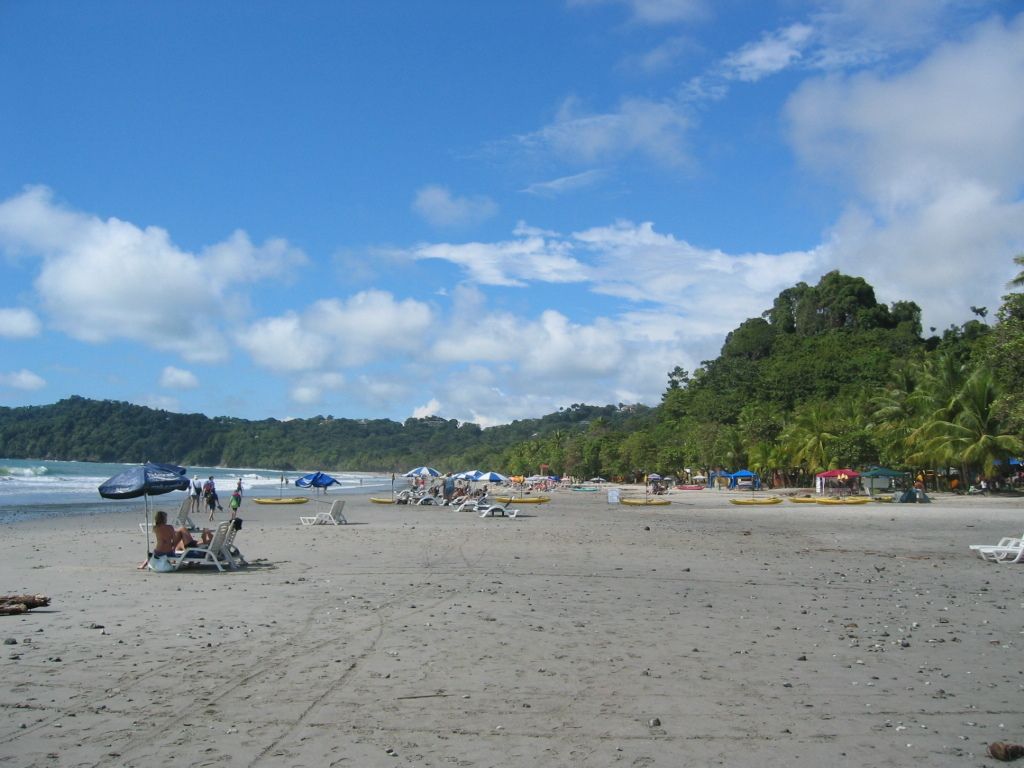Technical and Vocational Institutes' Campuses and Labs: The Valditara Plan - Redesigning Educational Infrastructure for Skills-based Learning
The Drive for Tech-Savvy Educational Hubs: A Closer Look at Italy's Strategy
Italy is gearing up to strengthen its tech-professional workforce supply chain, with Education Minister Giuseppe Valditara rolling out a series of interventions. The focus is on the development of tech-professional training campuses, as per Law 121 of 2024, although this particular piece of legislation seems less known and not widely discussed in recent news and official documents.
The first intervention unfolds through a public notice aimed at Regions for the financing of the Technical and Economic Feasibility Project (PFTE) for the construction of tech-professional training campuses. A total allocation of 35 million euros has been set aside for the realization of these campuses, and Regions can access 15 million euros from the "Fund for the promotion of technological-professional training campuses" managed by the MIM, for financing technical services to draft PFTEs.
These new campuses will transform into territorial training hubs where secondary schools, IeFP course providers, ITS Academy, universities, arts, music, and dance institutions (AFAM), private funding subjects, and companies in the supply chain will work together in harmony. Students will benefit from a wide range of training opportunities, leveraging cooperation between education and vocational training systems.
Regions interested in submitting their candidatures for these projects must do so by September 15, 2025. Each positively evaluated regional candidature will receive a funding of up to 2 million euros. The selected Regions must then submit their PFTEs to the MIM by May 31, 2026.
The remaining resources of the 35 million euros will be allocated to the Regions selected for PFTE financing, as a contribution to the infrastructure interventions.
The second wave of interventions, amounting to 124 million euros, aims to strengthen schools and technical and professional institutes, following Ministerial Decree no. 215/2024. Funding will be distributed via a decree of resource assignment directly to the schools in the supply chain, with an average of around 258,000 euros of PNRR resources for each institute. Additionally, a new public notice will be issued for integrated training campus projects, with technical and professional institutes taking the lead.
Lastly, Minister Valditara has signed a decree for 210 million euros to finance the creation of professionalizing laboratories for all technical and professional institutes as part of the National Programme 2021-2027.
The Minister declared, "We aim to build a modern and territorially rooted educational system that highlights talents and responds to the demands of the productive world. Campuses serve as pivotal points: innovative spaces where skills are nurtured and active learning is fostered. Laboratories are critical in this vision: these are the places where our students can apply what they've learned from books in a practical context."
It's important to note that while specific details about Law 121 of 2024 and Ministerial Decree 215/2024 are not readily available, funding for these projects would likely be handled through calls for proposals under the National Recovery and Resilience Plan (NRRP), requiring eligible entities to submit comprehensive project proposals that align with national objectives for innovation, skills development, and regional growth.
These proposals typically require eligible applicants, detailed cost breakdowns, compliance with regulations, and mechanisms for tracking progress, outcomes, and impact on employment or skills development. Consulting current ministerial calls for proposals and following the procedures outlined in the NRRP and related implementing decrees will be key to navigating this process.
The average education-and-self-development opportunity in these tech-professional training campuses is expected to be high, as students will benefit from a wide range of training opportunities provided by secondary schools, IeFP course providers, ITS Academy, universities, arts, music, and dance institutions (AFAM), private funding subjects, and companies in the supply chain. The online-learning and practical skills gain substantially from the cooperative learning environment established in these territorial training hubs.





